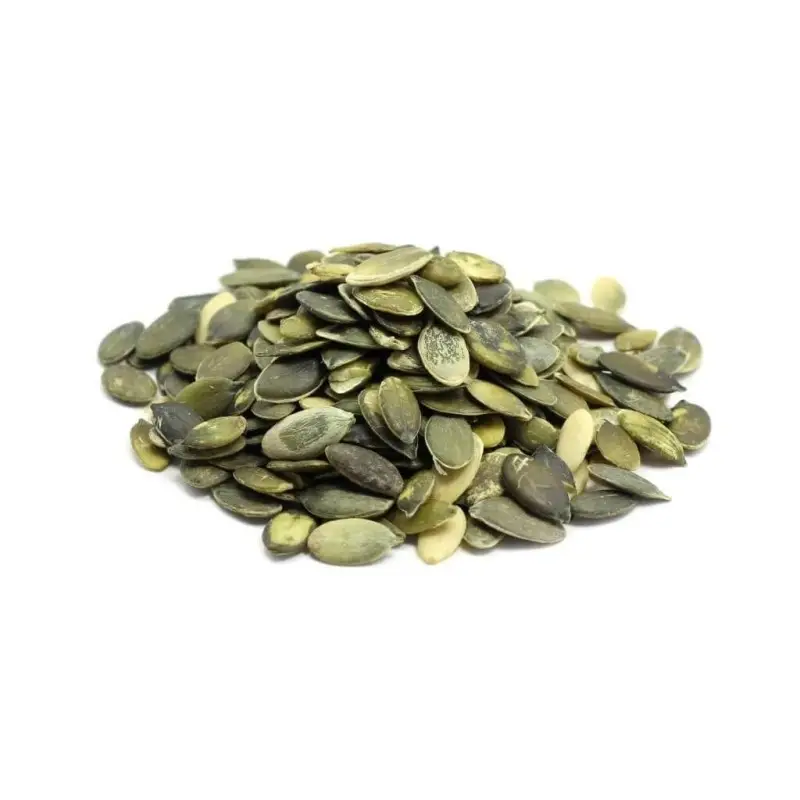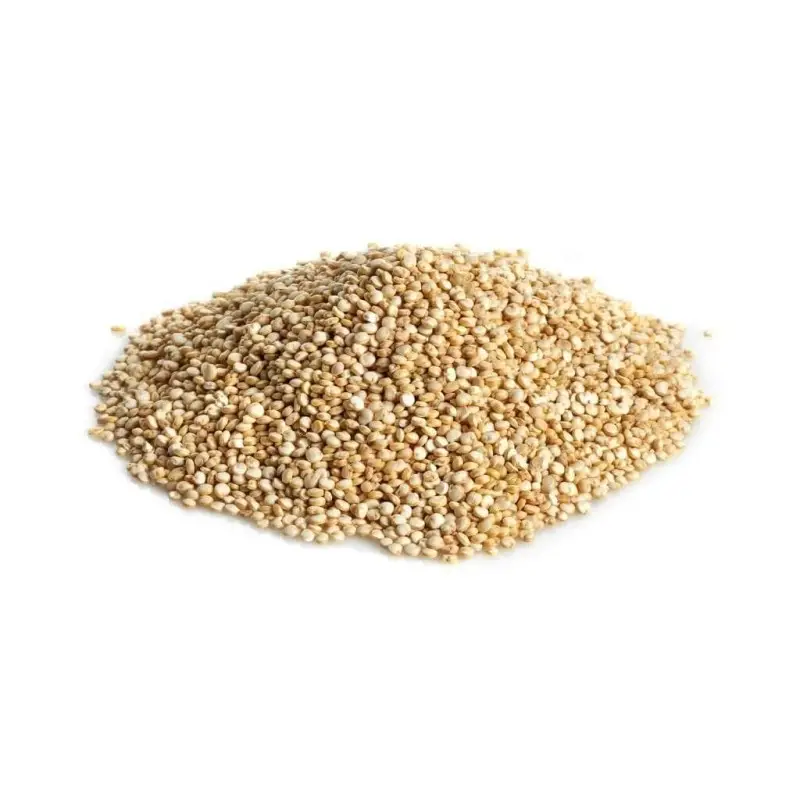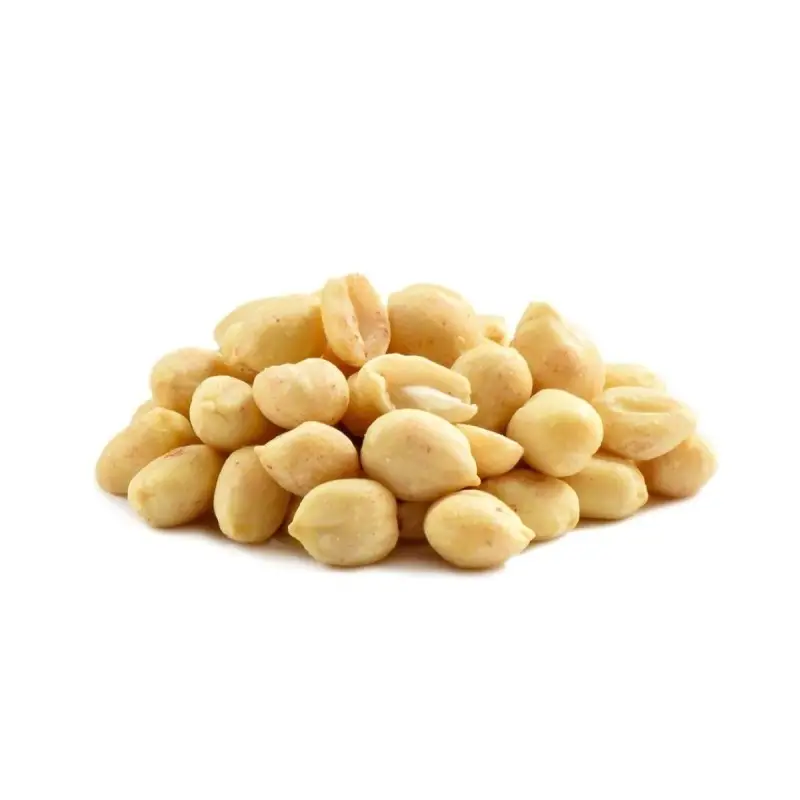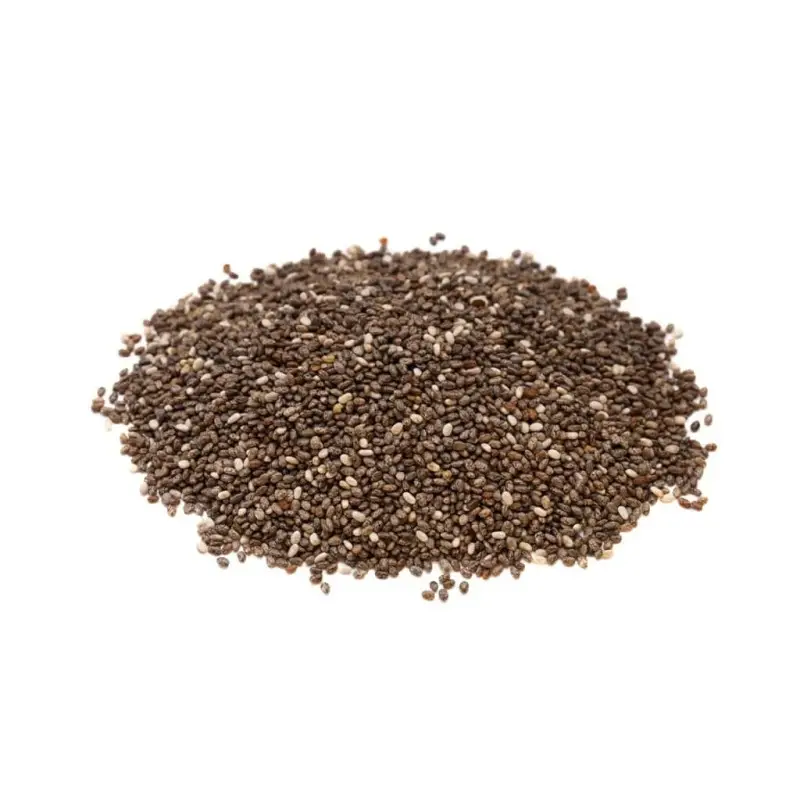Sunflower Seeds
Nutrition | Detox | Bones

Fast delivery worldwide
Sent by: DHL, DPD, UPS, MRW, CTT
Sunflower Seeds
Did you know that a single sunflower can produce up to 2,000 seeds? Known as the sun symbol, the sunflower is an extraordinary plant that produces seeds rich in vitamin E, magnesium, zinc, potassium and omega-3.
Ingredients: 100% Sunflower Seeds (Helianthus annuus).
Nutrition declaration (per 100g):
Energy: 2696.30kJ/ 644 kcal
Fat: 49.6 gr
of which saturates: 10 gr
Carbohydrates: 19.5 gr
of which sugars: 2.6 gr
Fibre: 14.3 gr
Protein: 22.8 gr
Salt: 0.01 gr
*May contain traces of nuts, peanuts, sesame, gluten, and sulphites. S.A.
Curiosities:
Sunflower – The sunflower is a plant of the Asteraceae family, native to western North America, which can reach up to 4 metres in height. It is thought to have been first produced around 4500 years ago by indigenous people. Due to the sunflower's colour density, this plant is believed to transmit happiness and positivity. The sunflower is known that grows towards the sun until it dies (from sunrise to sunset) and can flower 365 days at temperatures between 18 °C and 30 °C.
Sunflower seeds are one of the most used parts of our food and for poultry. Also, can be used for biodiesel production. Popularly, sunflower seeds are associated with fertility. In Brazil, it is common to leave some sun-dried sunflower seeds to fight infertility and bad feelings in relationships.
As for their use in food, sunflower seeds can be eaten as a snack, either naturally or with salt. They are highly known for their high nutritional composition, rich in essential nutrients that promote cardiovascular and bone health. The best known are unsaturated fats (omega-3, omega-6 and omega-9), protein, magnesium, zinc, potassium, selenium, and vitamin E. Like any other seed, sunflower seed can and should be included in our diet. However, be aware that it is recommended to consume 30g of sunflower seeds per day (handful).
If you take the recommended quantity of sunflower seeds, you will promote digestive wellness. You can include them in natural yoghurts, pies, bread, omelettes, cheese, and dressings.
Suggestions for Teas with Sunflower Petals:
1) Fruit Tea Island of Dreams;
3) Rooibos Mountains of Paradise.
Therapeutic indications: bad digestion, nausea, constipation, hypertension (high blood pressure), osteoarthritis, weight loss, muscle weakness, stress, asthma, and headaches.
Recommended quantity: 30g of sunflower seeds per day.
Store in a dry (max 20°) and cool place (max 60% humidity).
Warnings: Sunflower seeds when consumed in excess may cause weight gain.

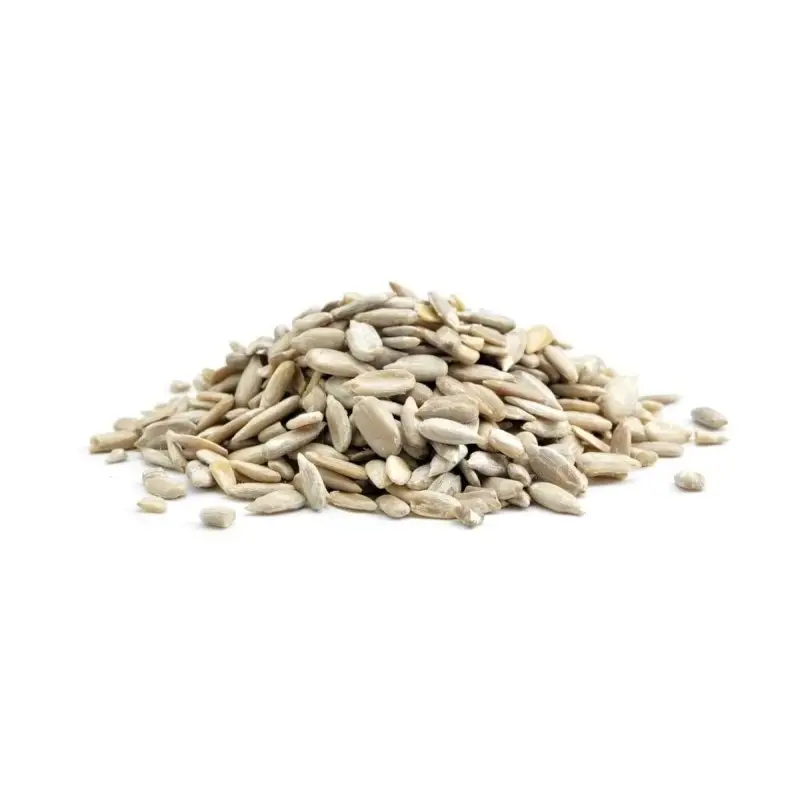

 Reviews
Reviews 
